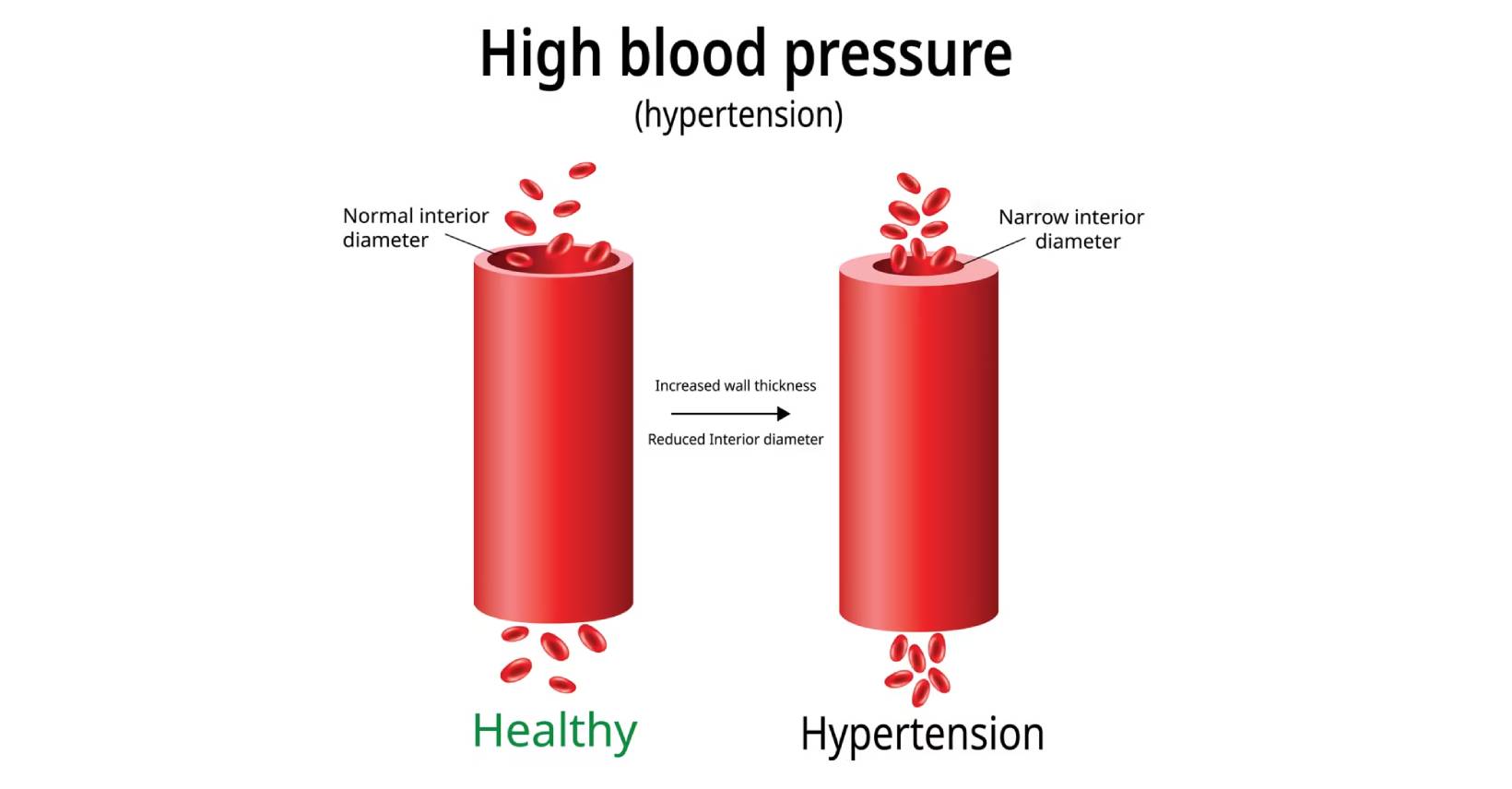What is hypertension?
High blood pressure, or hypertension, is one of the most common health conditions worldwide. It affects nearly half of adults, yet many don’t even know they have it. That’s because hypertension often causes no obvious symptoms—earning it the nickname “the silent killer.”
Even without symptoms, high blood pressure quietly damages blood vessels, increasing the risk of heart attack, stroke, kidney disease, and more. The good news? With regular checks and simple changes, hypertension is one of the most treatable conditions.
What is blood pressure?
Blood pressure is the force of blood pushing against the walls of your arteries. It’s measured with two numbers:
- Systolic pressure (top number): pressure when the heart beats.
- Diastolic pressure (bottom number): pressure when the heart relaxes.
A normal reading is less than 130/80 mmHg. Hypertension is usually diagnosed when readings stay at 140/80 mmHg or higher over time.
Why does hypertension matter?
Even if you feel well and have no symptoms, over time, uncontrolled blood pressure damages your arteries and increases the risk of heart attack, stroke, kidney disease, and vision problems.
How do you diagnose hypertension?
The only way to know is to check your blood pressure regularly.Your doctor may:
- Take several readings on different days.
- Suggest home blood pressure monitoring.
- Check for organ damage with blood tests, urine tests, or heart/kidney imaging.
What you can do?
- Eat more fruits, vegetables, and whole grains (the DASH diet is a good example).
- Cut back on salt, alcohol, and processed foods.
- Stay active—aim for at least 30 minutes of movement most days.
- Manage stress with relaxation, good sleep, and self-care.
- Take prescribed medications as directed.
Remember:
Small daily changes can have a big impact on blood pressure. Even lowering it by a little reduces your long-term risks.
If you have any concerns, please do not hesitate to book an appointment with one the Consultant Cardiologists at The Berkshire Clinic.


